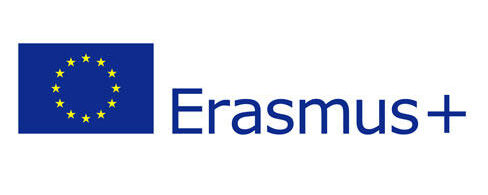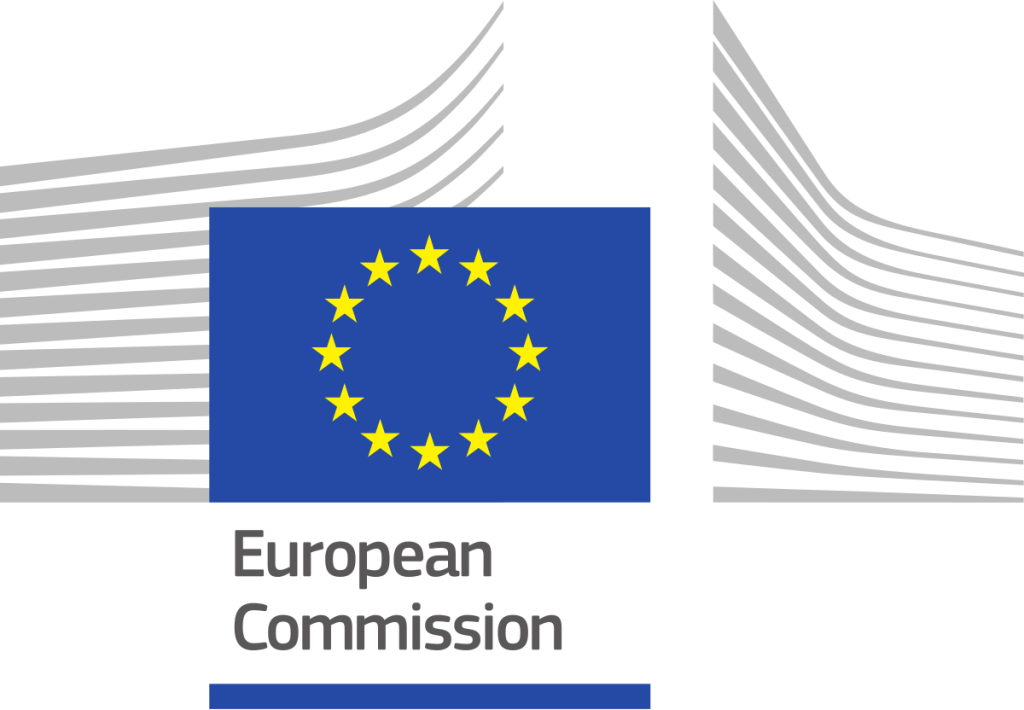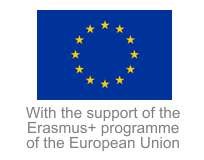Gather and analyse evidence on system-level and institutional financing arrangements and equity in higher education in Serbia, Bosnia and Herzegovina and Montenegro;
– Introduce and implement the EUROSTUDENT survey in Serbia, Bosnia and Herzegovina and Montenegro;
– Strengthen local expertise in developing policies on financing and equity in higher education;
– Develop policy framework for securing more efficient, effective and equitable higher education systems in the three countries;
– Develop university financing strategies for sensible diversification of income streams and train university leaders to implement these models;
– Establish Regional Resource Point with the purpose to sustain results and disseminate them across the region.
The project aims to contribute to ensuring a more efficient, effective and equitable financing of higher education in the Western Balkans through (a) gathering and analysing fundamental and essential evidence on system-level and institutional financing and equity in higher education in Bosnia and Herzegovina, Montenegro and Serbia; (b) introduction and implementation of the EUROSTUDENT survey in the three countries of the Western Balkans; (c) strengthening local expertise in developing policies on financing and equity in higher education; (d) development of a policy framework for an efficient, effective and equitable higher education systems in the three countries; (e) development of university financing models based on sensible diversification of income streams and strengthen universities’ capacities to implement these models; and (d) the establishment of Regional Resource Point with the purpose to sustain results and disseminate them across the region.
Conceptualised in the manner above, the project would be the first to simultaneously strengthen local capacity for adequately addressing the core issues of higher education financing and equity in three countries of the Western Balkans. Moreover, by introducing and implementing one of the most relevant indicators of social dimension across Europe recognised by the Bologna Process – the EUROSTUDENT survey, the project would enable gathering unique evidence on the social dimension of higher education in these countries and at the same time enable their comparison with the rest of Europe. This synced with an enhanced financing model sensitive to the issues of equity and transparency, on one hand, and the universities embracing a more entrepreneurial and dynamic approach to their funding policies, would undoubtedly contribute to more developed, fair, efficient and consequently effective higher education systems – the sine qua non of the knowledge-based economy.






